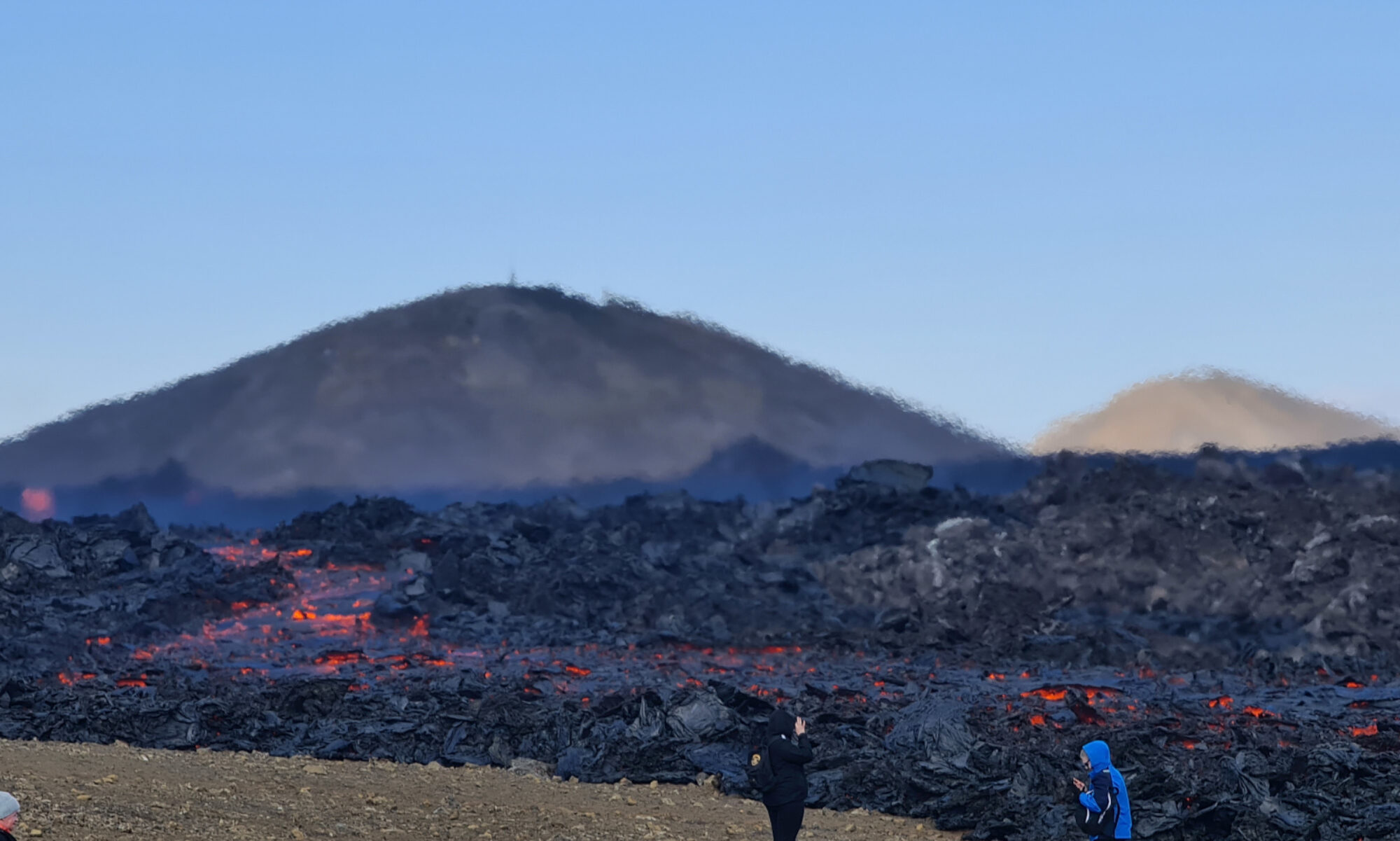It was reported in Rúv News that eruption is expected to happen in Fagradalsfjall volcano this year (2023) or next year (2024). When those eruptions happen is impossible to know. But before any eruption there’s going to be a large earthquake swarm as happened before the eruption in March 2021 and in August 2022. Fagradalsfjall volcano before the eruption in March 2021 had not erupted for 6000 to 8000 years. That means it unclear how the volcano is going to behave and its going to take a while until that is figured out, but for now it is probable that Fagradalsfjall volcano is going to work in similar way how Krafla volcano erupted between the year 1975 and 1984. With the difference that eruptions in Fagradalsfjall volcano are possibly going to last longer, based on data from other volcanoes on Reykjanes peninsula. This might go on for the next 10 to 20 years, with eruptions and quiet time period between them. Currently Fagradalsfjall volcano is in a quiet time.
This does not rule out eruptions in Reykjanes volcano (west of Fagradalsfjall volcano) and Krýsuvík-Trölladyngja volcano (east of Fagradalsfjall volcano) in next few years. Neither of those volcanoes have erupted in 700 to 900 years and at the writing of this article, don’t show any clear signs that they are about to erupt. Reykjanes volcano has had a lot of dyke intrusion activity since 2019, but no eruptions so far. Krýsuvík-Trölladyngja volcano has not had any dyke intrusion activity. Volcanoes east of Krýsuvík-Trölladyngja volcano, Brennisteinsfjöll volcano and Hengill volcano are currently quiet, but that might change without warning if magma starts to find path up those volcanoes.
